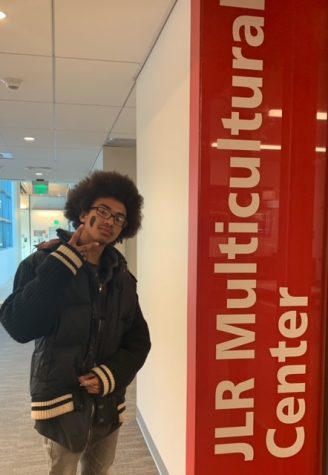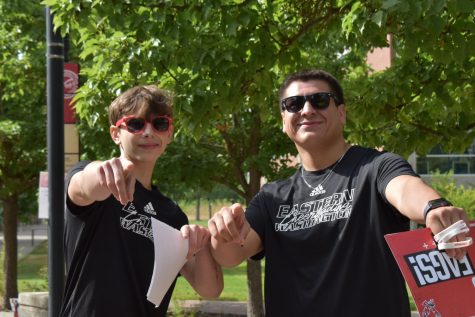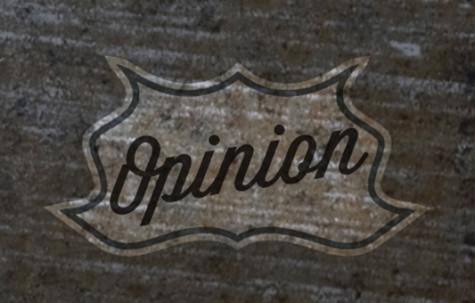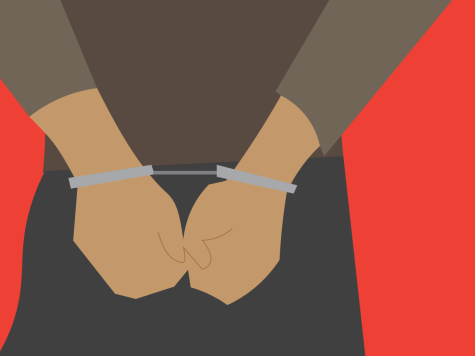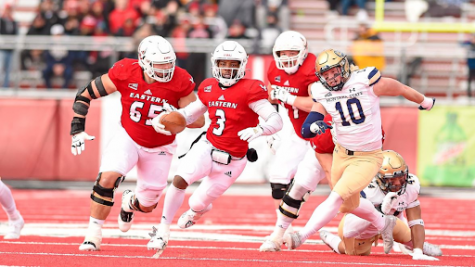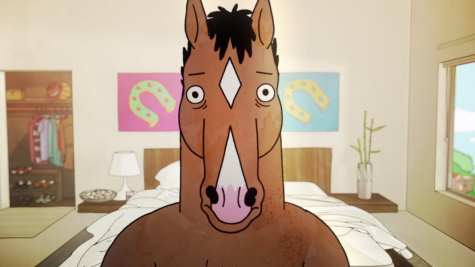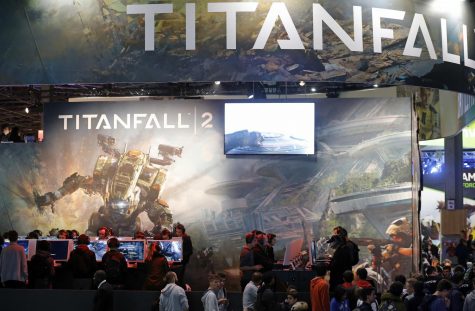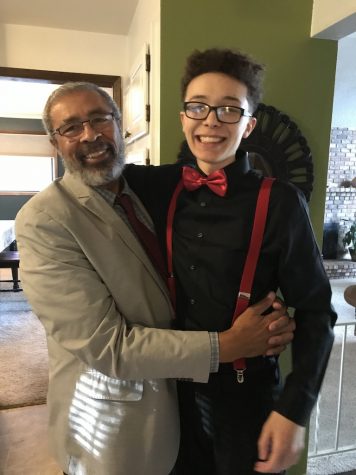Find a new hashtag, #GamerGaters: Let’s discuss misogyny
November 13, 2014
As someone whose college education is personally funded by video game sales, I’d like to say I’m greatly indebted to gamers everywhere. However, I’d gladly take a cut in tuition payments if I could say that none of my tuition was ever paid for, however indirectly, by supporters of #GamerGate. For the slightly less Twitter-savy of you out there, GamerGate is an amorphous online movement that claims to be petitioning for a higher standard of journalism ethics in the gaming industry. Their crusade becomes problematic once you realize that GamerGate has also been implicated in horrific rape, death and terrorist threats against female gamers, developers, critics and journalists. Student and gamer Kori Hough described Gamergate’s origins this way: “Gamergate was originally supposed to be a forum for people to kinda get together and talk about video games kinda more as a critique … but it didn’t end up being that way, it kinda became an attack almost on the gaming community itself”.
Anita Sarkeesian, feminist, public activist and the creator of the Youtube series “Tropes vs. Women” was forced to leave her home after having her home address splashed over the internet — a form of harassment known as “doxxing” — and receiving threats so appalling I hesitate to quote them. Female game developers Zoe Quinn and Brianna Wu have also been forced to leave their homes after similar threats. Even pop culture darling and actress Felicia Day was “doxxed” after she posted on her Tumblr account that she was frightened about the harassment she would receive if she spoke about GamerGate. Less than an hour later, her personal information was hacked and spread online.
While misogynistic trolls breeding hate on 4chan forums isn’t exactly a new occurrence, what moves GamerGate away from an unorganized, ugly online campaign and into a legitimate hate group is the terrorist threat against Anita Sarkeesian’s public event at Utah State University on October 13th. In response to the understandable public outrage, “moderate” GamerGate supporters have been recently been protesting on Twitter that they have been maligned by mainstream media as the bad guys simply because they’re protesting the media itself, and that their movement has been misrepresented by a handful of haters. Whatever the actual case may be, I am here to tell you: it truly does not matter at this point.
Once the roots of your movement are associated with threats of assault, murder and rape, you need to find a new hashtag, and you seriously need to reconsider who you’re willing to align yourself with online. Once someone associated with your group decides to threaten “the deadliest school shooting in American history” if a feminist gamer is allowed to publicly exercise her First Amendment right, then your movement is effectively derailed (if it ever even had a rail to begin with) and you will become associated with misogynists and terrorists. Is it fair? Probably not, but neither is having your very life threatened by hate-spewing troglodytes.
EWU Professor of Psychology Dr. Amani El-Alayli explained the reactions of so many Gamergate supporters this way: “I’m thinking a lot of people who are making video games or playing video games with these depictions of women, well, they want to feel like that’s the correct behavior”. No one wants to think of themselves as unreasonable misogynists, and no one wants to feel complicit in a system of oppression, but that does not stop it from being true. Just because you’re unhappy that members of your movement are horrible misogynists and that you’re uncomfortable at the possibility of being actively complicit in gaming’s oppressive sexism doesn’t stop it from being a reality.
If you really cared about the higher ethics in video game journalism, then you would be horrified when those very same journalists and critics are threatened and harassed into silence. By protesting that GamerGate is really not about misogyny despite glaring evidence to the contrary, you are embarrassing yourself and your ethics by defending a losing battle. In the ever-appropriate words of Joss Whedon, “Many good people think #GamerGate is about journalism [and] artistic freedom. That’s like working at #KlanDayKare. The name means hate, guys.”







